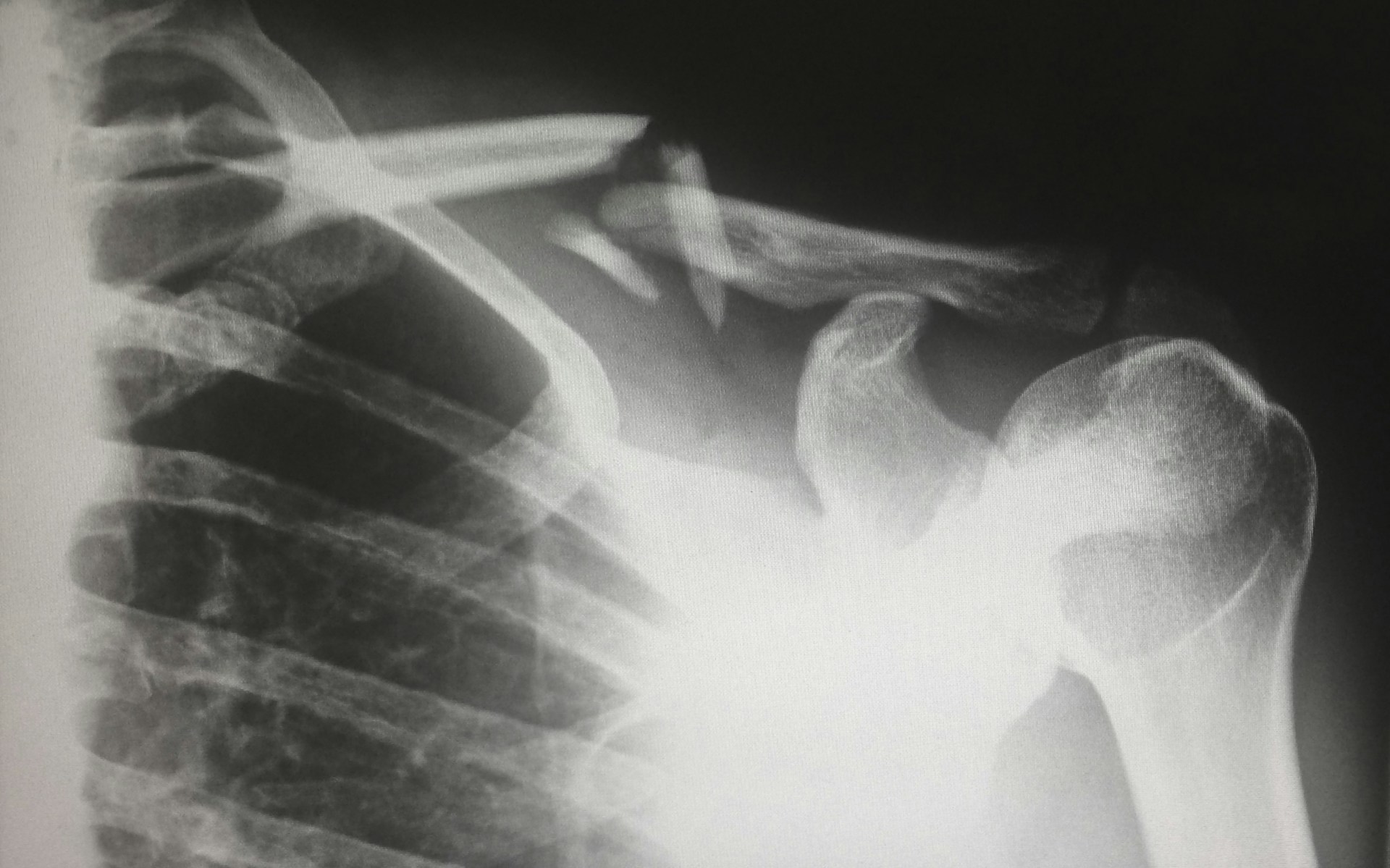After an accident, whether it be a car crash, workplace incident, or personal injury, dealing with the aftermath can be overwhelming. Amidst medical treatments, property repairs, and emotional distress, one might be tempted to accept the first settlement offer from an insurance company. However, there are compelling reasons why you should never take the first settlement offer after an accident. This blog delves into these reasons, highlighting the importance of patience, thorough evaluation, and professional guidance in securing a fair and adequate settlement.
The Initial Offer Is Often Low
Insurance companies are businesses focused on minimizing their costs. Their initial settlement offers are typically lower than what you might be entitled to, aiming to settle quickly and cheaply. Accepting this offer can leave you with insufficient funds to cover all your expenses and losses. It is crucial to recognize that the initial offer is a starting point for negotiations, not a final figure.
Comprehensive Assessment of Damages Takes Time
Immediately after an accident, the full extent of your damages—both physical and financial—may not be clear. Injuries can have delayed symptoms, and medical conditions might worsen over time, requiring extensive treatment and rehabilitation. Similarly, property damage assessments might overlook long-term repair costs. By rejecting the first settlement offer, you give yourself the necessary time to thoroughly evaluate the true extent of your damages.
Future Expenses and Lost Wages
Accidents often result in ongoing medical expenses and lost wages due to time off work or diminished earning capacity. The first settlement offer is unlikely to account for these future costs adequately. A detailed calculation of your current and future financial needs is essential to ensure that any settlement covers not only immediate expenses but also long-term financial impacts.
Emotional and Psychological Impact
Accidents can lead to significant emotional and psychological trauma, such as post-traumatic stress disorder (PTSD), anxiety, or depression. These impacts might not be immediately apparent and can develop over time. The first settlement offer usually fails to consider the emotional and psychological toll of the accident. By taking time to understand and document these effects, you can seek compensation that truly reflects the full extent of your suffering.
Professional Evaluation and Legal Advice
Consulting with a personal injury attorney can significantly influence the outcome of your settlement. Lawyers specializing in accident claims have the expertise to evaluate offers accurately, negotiate effectively, and ensure you receive fair compensation. Attorneys like the accident attorneys at Buchanan Firm can identify lowball offers and advise you on whether to accept, reject, or counteroffer. Without professional guidance, you risk settling for less than you deserve.
Evidence and Documentation
Building a strong case for a fair settlement requires gathering substantial evidence, including medical records, accident reports, witness statements, and expert testimonies. This process takes time and cannot be rushed. Accepting the first offer means you might not have all the necessary documentation to support a higher claim. Taking the time to compile comprehensive evidence strengthens your position in negotiations.
Legal Deadlines and Pressure Tactics
Insurance companies might pressure you to accept the first settlement offer by suggesting that waiting could result in losing the opportunity to settle. However, most jurisdictions have statutes of limitations that provide ample time to file a claim. Understanding your legal deadlines helps you resist pressure tactics and make informed decisions based on a complete evaluation of your situation.
The Benefit of Counteroffers
Rejecting the initial offer opens the door to negotiations, allowing you to present a counteroffer that better reflects your needs. This negotiation process often results in a higher settlement than the initial offer. By preparing a detailed counteroffer supported by evidence, you can push for a settlement that covers all your expenses and losses adequately.
Peace of Mind and Financial Security
Ultimately, accepting the first settlement offer can lead to regret and financial insecurity if the amount proves insufficient. Taking the time to secure a fair and adequate settlement ensures peace of mind, knowing that your financial and emotional needs are met. This security allows you to focus on recovery and moving forward with your life.
In the aftermath of an accident, the temptation to accept the first settlement offer can be strong. However, this initial offer is often insufficient to cover the full extent of your damages, future expenses, and emotional impact. By rejecting the first offer, consulting with professionals, and taking the time to thoroughly assess your situation, you can secure a fair and adequate settlement that truly addresses your needs. Patience and diligence in this process are crucial to achieving the best possible outcome for your recovery and financial stability.







